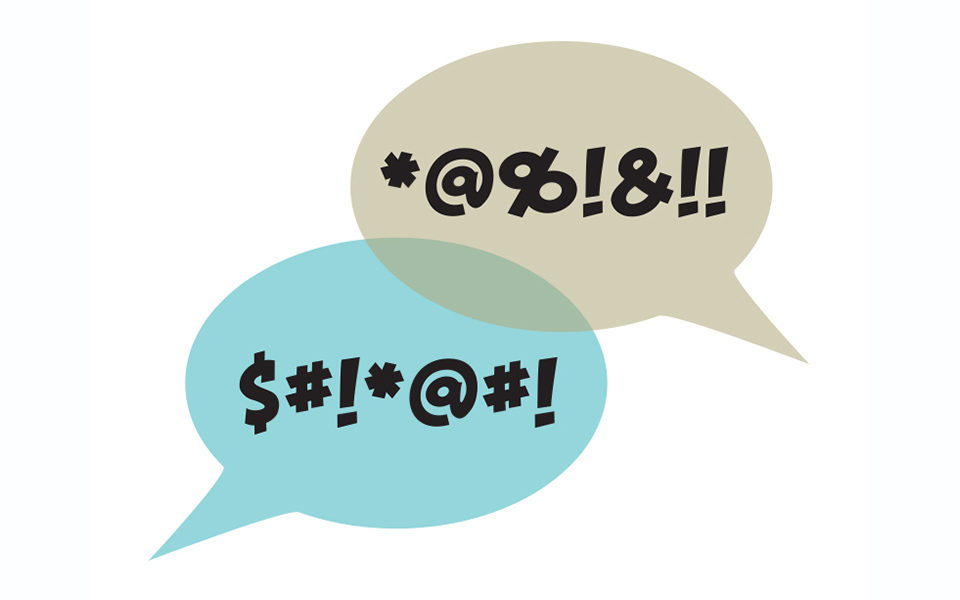
Aboriginal Peoples Television Network (APTN) reporter Kenneth Jackson was feeling the pressure.
Covering for the network’s web producer in February, Jackson was responsible for monitoring online comments, which were taking a particularly nasty tone during the Gerald Stanley trial. Stanley, a Saskatchewan farmer, was acquitted of second-degree murder in the death of Colten Boushie, a 22-year-old Cree man from Red Pheasant First Nation, creating a nationwide discussion filled with anger, frustration, and even more than usual, racism. Those feelings all emerged on Jackson’s screen, and the hatred in some comments was quite awful to see.
He had to take a break.“It got to the point where I was like, ‘Enough is enough,’” he says. “Once it’s ‘Burn the Natives,’ I just don’t want to read anymore. And I still had like 100 more to go.”
Ideally, comments provide writers with an opportunity to engage with their readers. But sensitive subjects can bring out the worst in people, causing news organizations to take steps to control the discussion. CBC no longer allows comments on stories about Indigenous people or issues, and the Toronto Star has removed comments entirely.
Is there value in reading the comments?
Susan Clairmont, The Hamilton Spectator columnist: I haven’t read the comments for years because they’re usually mean, nasty, and not helpful.
James Baxter, iPolitics founding editor & publisher: The degree of engagement is perhaps different for the types of stories. I think writers like to know if people are paying attention.
Jackie Hong, Yukon News reporter: It’s hard to draw value in comments for hard news stories, because there’s a lot of ignorance and trolling. I think there’s some value in reading comments when searching for information.
Kenneth Jackson: I don’t find much use for them. People seem to like to voice their hate online. The only time I ever read comments is if there’s been a murder or for a story I am following.
What are your experiences with sensitive subjects?
Clairmont: I’d be writing about a sexual assault victim and the comments would be, “She asked for it. It was her fault.” There are negative comments anytime I write about marginalized people like women, the LGBTQ+ community, or people with mental illnesses.
Baxter: A man referred to one of my writers as a “comfort woman,” a term used during the war in the Pacific for women kidnapped by Japan from other countries and sold into sex slavery. The biggest problems have always related to comments about Israel; that’s where dark souls often show up.
Hong: I tend to avoid comments on stories about Indigenous issues, race, and inequality. They’re cesspools of racism. I wrote about my experience with self-harm, and a lot of people said, “Wow, who cares? Just go kill yourself.”
Jackson: The Boushie trial created quite a stir. People commented, “Why not put a wall around the reserve and give them a bunch of booze and guns, and do away with each other?”
How can reading them affect you?
Clairmont: A journalist can only take so much. I’ve chosen to ignore reader comments. It just broke my heart that people were saying those things.
Baxter: Without people engaging in reader comments, we’ve lost something important. I think writers like it. I think they come to expect it and miss it when it’s gone.
Hong: I don’t think anyone benefits from racist views, victim blaming, sexism, or name-calling. There’s sometimes value in engaging with comments even when they seem troll-y or aggressive because you may change minds.
Jackson: You just see the hate. There’s intolerance in people immediately. You just get sick of it, and that’s why they say, “Don’t read the comments.” But here, it’s just…I’m getting tired.
The interviews have been edited for length and clarity.